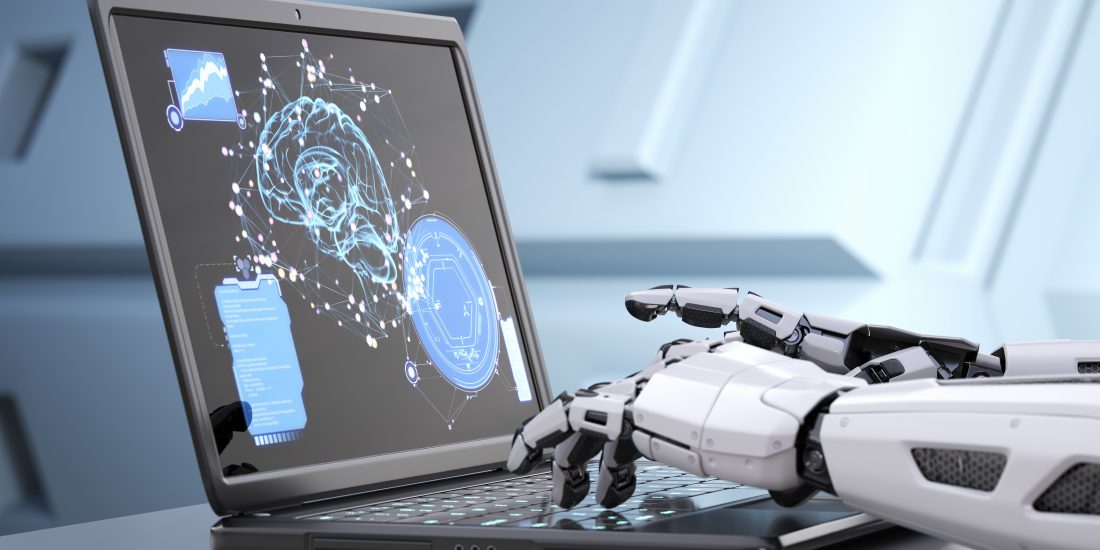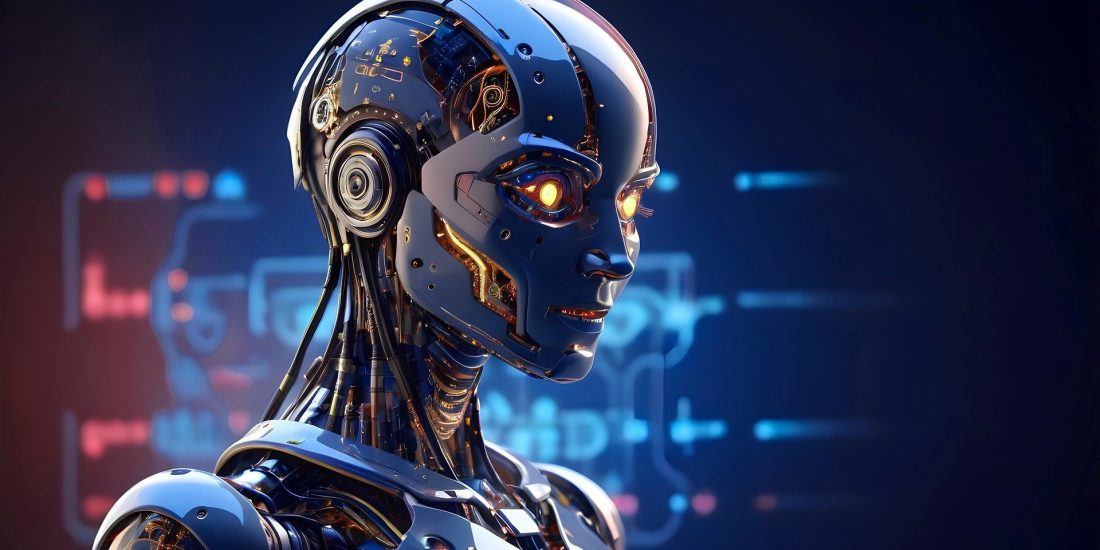
Artificial Intelligence scientist enters the business world
We are expecting soon to see new use cases for Artificial Intelligence. As this technology becomes smarter, companies are starting to implement such solutions to automate tasks and fulfill business functions. Science is one of the domains that is going to benefit from this technology, for the first time, robotic systems are now able to make novel discoveries with virtual intellectual input. Adam and Eve are two remarkable examples.
Adam – the first scientist robot
In the past few years, technology scientists designed a new robot, Adam, by using Artificial Intelligence, machine learning, deep learning and artificial neural networks. The result of their work was a robot that can formulate hypotheses, design and run experiments, analyze data, and decide if it needs to run more tests to confirm some assumptions.
Usually, the laboratory experiments were conducted by humans, who were responsible for the entire cycle of the process. After a while, we saw how tech companies developed some software programs to analyze data, but that was all. Adam was declared to be the first robot which can use automation to complete the cycle from a hypothesis, to experiment and reformulated hypothesis without any human intervention.
Adam was designed in a way that could solve some problems that humans couldn’t. According to Ross King, its creator, there were more than 6000 genes with unknown functions, and Adam’s purpose is to solve some of these mysteries. Since now, Adam succeeded in analyzing massive amounts of data and finding patterns that can connect different genes. It might seem very simple, but there is a sophisticated process that is happening, and science is the one leveraging it.
Eve – Adam’s lab partner
After watching Adam discovering solutions to unsolved problems, specialists have designed another robot that could make discoveries in the drug industry faster and cheaper. Eve has the same team of creators as Adam, and it demonstrated its success after discovering that some compounds used to treat cancer might have the same effect against malaria.
In their study with Eve, the scientists explained how artificial intelligence could identify promising new medication for hard diseases, making the process more economical. According to the team, the scientist might know how to create, in theory, new drugs, but the cost and the speed of drug discovery make them unattractive to the pharmaceutical industry. But Eve can use its artificial intelligence to learn from other experiments and select the compounds that have the highest probability to act against a disease. The new findings could save millions of hours of time.
While some scientists are rejecting robots thinking that they will take over their jobs, others understand the importance of automation in science. Adam and Eve are only two examples of how Artificial Intelligence technology can impact the human evolution. But there are more to come.
 What do you think about those new use cases of Artificial Intelligence? Express your opinion in the comments section below.
What do you think about those new use cases of Artificial Intelligence? Express your opinion in the comments section below.




